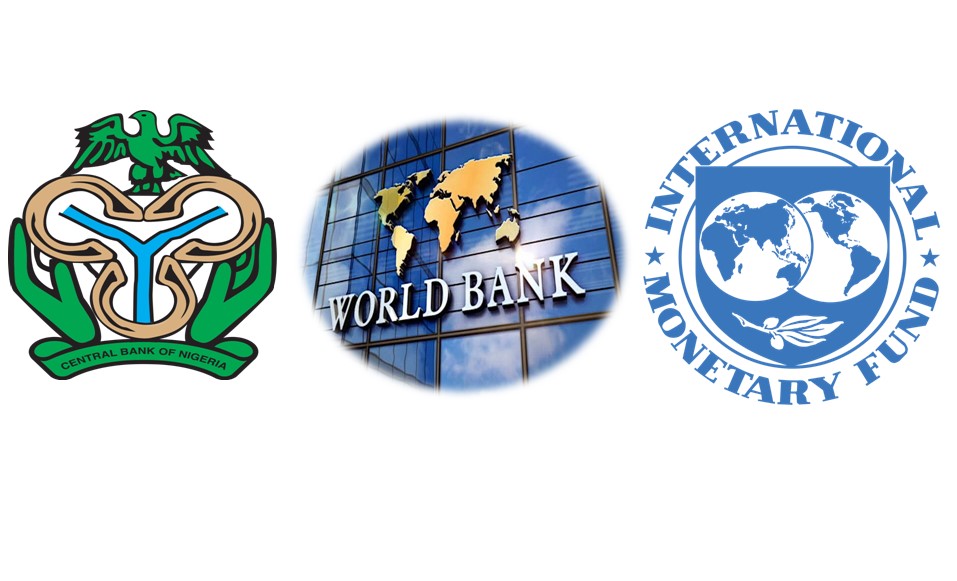By Lillian Okenwa
As Nigerians battle rising inflation with the naira gasping for breath, there are indications that the Bretton Woods Institutions are helping with tightening the noose. This is because despite the nearly $2.5 billion currency swap deal between Nigeria and China a little over five years ago, the Nigerian business community has been prevented from benefiting from the agreement.
As at mid October 2023 according to the National Statistics Bureau, Nigeria’s inflation rate has risen to its highest level in two decades, 26.72%.
Paying for goods imported from China with naira would have reduced Nigeria’s dependence on the dollar, thereby giving some boost to the naira.
In June this year rights lawyer and Senior Advocate of Nigeria requested the Central Bank of Nigeria (CBN) to disclose details of Nigeria’s currency swap deal with China which was designed to improve the speed, convenience, and volume of transactions between the two countries.
The CBN in a response to Falana’s Freedom of Information (FOI) request, said the swap deal, which commenced in July 2018, is renewable every three years and that the agreement was renewed after it expired in April 2021.
It further disclosed that the sum of 15 billion Chinese yuan renminbi (CNY) was the “amount usable within the year.”
However, the catch according to Falana is that despite the currency swap agreement, the federal and state governments, and business community have been “prevented from transacting business in naira and yuan.”
Urging Nigerians to use naira as payment for goods imported from China, the Senior Advocate said: “The swap was also designed to improve the speed, convenience, and volume of transactions between the two countries. But the International Monetary Fund and the World Bank, which superintend the Central Bank of Nigeria, have colluded with the Central Bank of Nigeria to frustrate the currency swap.
“The purpose of the economic sabotage is to promote the dominance of the United States Dollar in Nigeria. Hence, the federal government, state governments, and the business community have been prevented from transacting business in Naira and Yuan. Thus, by compelling Nigerians to pay dollars for goods imported from China, the Central Bank has continued to promote the unwarranted dollarisation of the Nigerian economy.”





